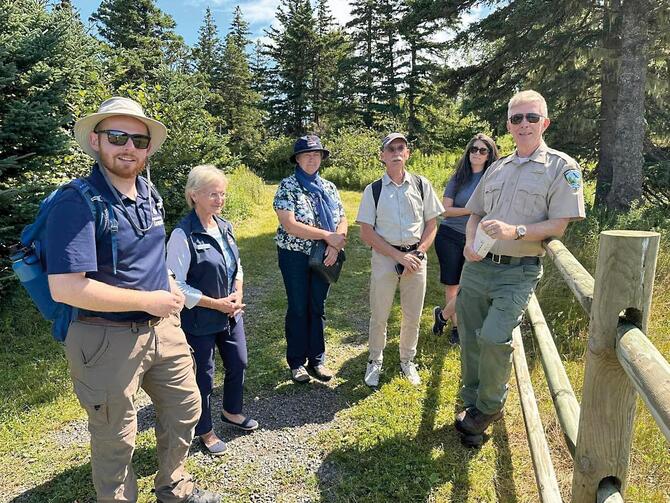Mission
The Global Geoparks Network is the international organisation of the Global Geoparks and Global Geopark professionals which is committed to the conservation, management and communication to society of the Earth heritage as an integral part of the world’s
Top 16 Focus Areas
1. Geological Heritage Conservation
UNESCO Global Geoparks are areasthat use the concept of sustainability, value the heritage of Mother Earth andrecognize the need to protect it.
The defining geological sites inUNESCO Global Geoparks are protected by indigenous, local, regional and/ornational law and management authorities, which allow for the necessarymonitoring and maintenance of these sites.
A UNESCO Global Geopark develops,experiments and enhances methods for preserving the geological heritage.
The Global Geoparks Network isdeveloping partnerships among UNESCO Global Geoparks for sharing best practiceand know-how on the protection, conservation and rational management of thegeological heritage sites.
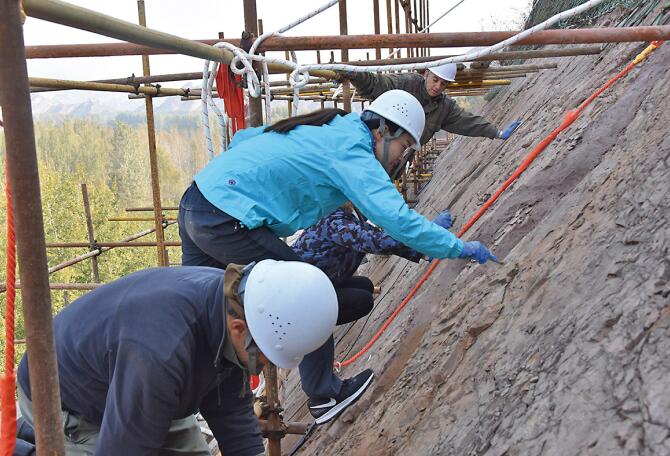
2. Climate Change Awareness
UNESCO Global Geoparks holdrecords of past climate change and are educators on current climate change aswell as adopting a best practice approach to utilising renewable energy andemploying the best standards of “green tourism.”
UNESCO Global Geoparks serve asoutdoor museums on the effects of past and current climate change thus givingthe opportunity to show visitors how climate change can affect our environment,and raise awareness on the potential impact of climate change on the region,and provide the local communities with the knowledge to mitigate and adapt tothe potential effects of climate change.
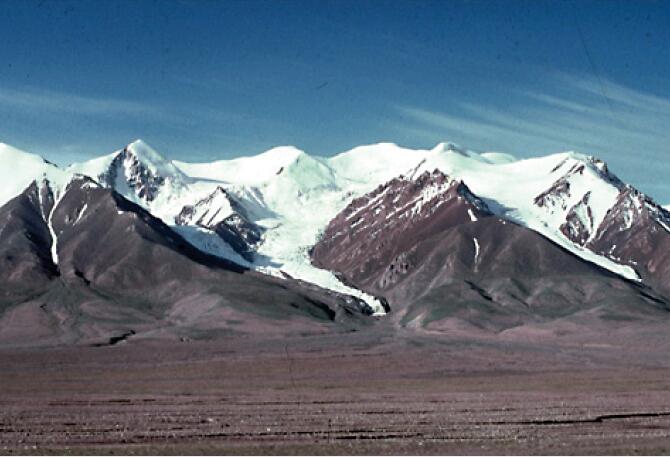
3. Education for Sustainability
UNESCO Global Geoparks developand operate educational activities for all ages to spread awareness of ourgeological heritage and its links to other aspects of our natural, cultural andintangible heritages.
UNESCO Global Geoparks offereducational programmes for schools or offer special activities for childrenthrough “Summer camps”, “Kids Clubs” or special “Fossil Fun Activities”.
They also offer education, bothformal and informal, for adults and retired people.
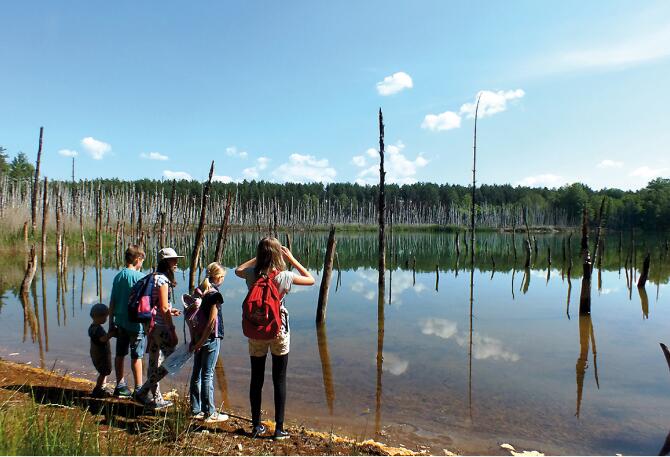
4. Sustainable Tourism
UNESCO Global Geoparks createinfrastructure and activities to support visitor’s access and interpretation ofthe Geological heritage as well as the development of sustainable tourismactivities in the Geopark territory.
UNESCO Global Geoparks promotethemselves as sustainable tourism destinations offering a diversity of guidedfield walks and nature tourism activities, authentic experience and localgastronomy.
The Global Geoparks Networkbecame a gold partner of the World Tourism Organization (UNWTO) in 2017 tosupport the celebration of the International Year of sustainable Tourism fordevelopment.

5. Biodiversity Protection
UNESCO Global Geoparks are areaswhere the analysis of specific interactions between the lithosphere andbiosphere provides an integrated concept of the role of the geologicalenvironment in the evolution of the biosphere. Geopark activities and projectsare important in order to raise awareness on the relationship between thegeological environment and modern ecosystems and their rational managementunder a holistic concept.
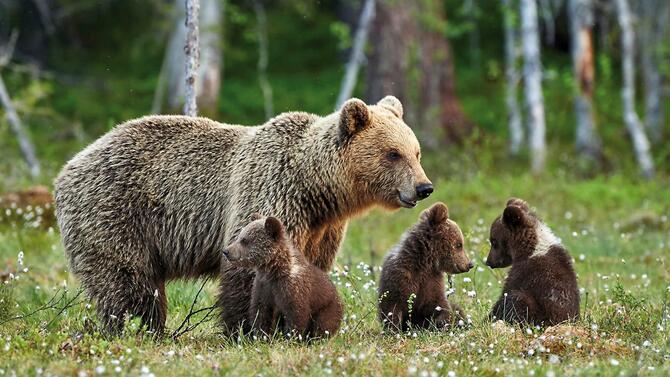
6. Employment
UNESCO Global Geoparks are aplatform for the development, nurturing and promotion of local cottage industryand craft products.
UNESCO Global Geoparks arecontributing for the sustainable development of areas hosting significantgeological heritage sites through the creation of new enterprises and theemployment of young people in their territories.
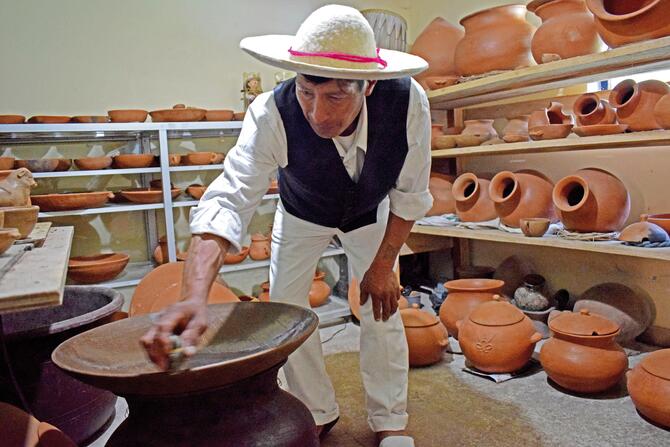
7. Capacity Building Activities
UNESCO Global Geoparks offertraining courses and capacity building activities for local stakeholders andyoung unemployed people who can then, in turn, support Geopark activities andoperation.
The Global Geoparks Network incollaboration with UNESCO organizes International Training Courses on Geoparkssupporting the development of Geoparks in many countries especially in Regionswith not many UNESCO Global Geoparks.
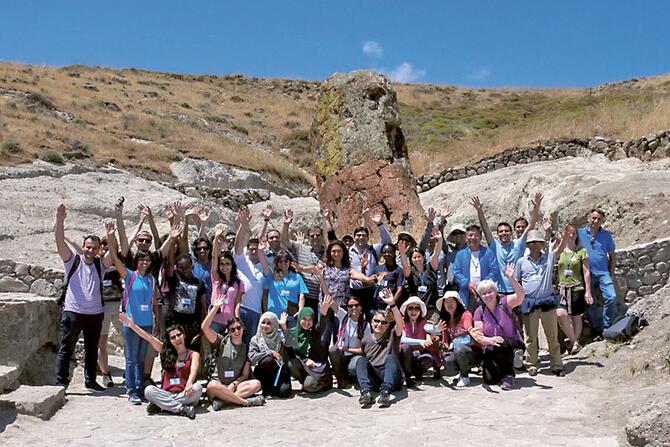
8. Women Empower
UNESCO Global Geoparks have astrong emphasis on empowering women whether through focused educationprogrammes or through the development of women’s cooperatives. In some UNESCOGlobal Geoparks women’s cooperatives also provide an opportunity for women toobtain additional income in their own area and on their own terms.
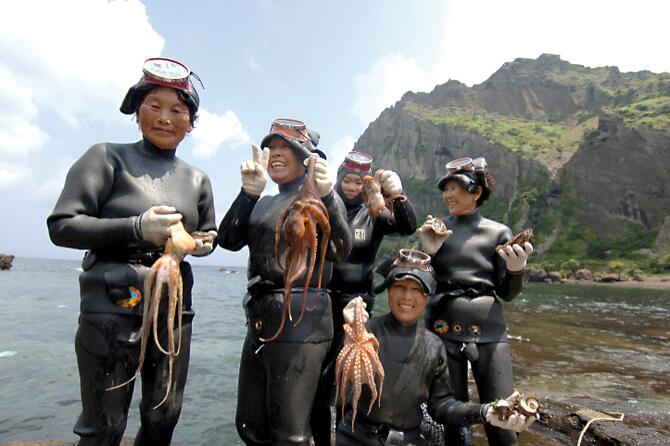
9. Natural Resources Wise Use
The history of mankind andcivilization is based on the resources exploited from Earth’s crust. Thedevelopment of modern societies is limited by the consequences of depleting ofnatural resources
UNESCO Global Geoparks informpeople about the sustainable use and need for natural resources, while at thesame time promoting respect for the environment and the integrity of thelandscape.
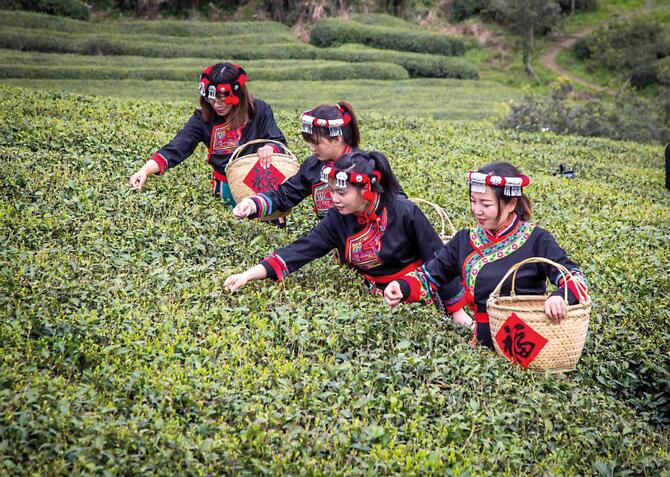
10. Science & Research
UNESCO Global Geoparks arespecial areas where the geological heritage, or geodiversity, is ofinternational importance. Thus Geoparks are interesting to implement results ofscientific research in the field of geo-conservation, tourism and sustainable localdevelopment.
UNESCO Global Geoparks areencouraged to work with academic and research institutions to engage in activescientific research in the Earth Sciences, and other disciplines asappropriate, to advance our knowledge about the Earth and its processes.
A UNESCO Global Geopark is anactive laboratory where people can become engaged in science from the highestacademic research level to the level of the curious visitor.
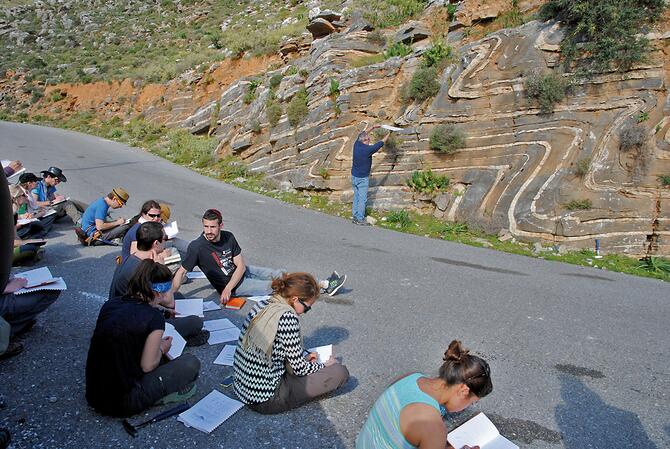
11. Cultural Heritage Enhancement
In many countries emblematicgeosites are considered as sacred places. Since ancient times, sacred siteshave had a mysterious allure for billions of people around the world. Legendsand contemporary reports tell of extraordinary experiences people have hadwhile visiting these places. Different sacred sites have the power to heal thebody, enlighten the mind and inspire the heart. People built in such placestemples and monasteries. UNESCO Global Geoparks host some important sacredplaces emphasizing the connection between specific landscapes and land-formswith mythology, archaeology and history.
UNESCO Global Geoparks arefundamentally about people and about exploring and celebrating the linksbetween our communities and the Earth. The Earth has shaped who we are: it hasshaped our farming practices, the building materials and methods we have usedfor our homes, even our mythology, folklore and folk traditions.
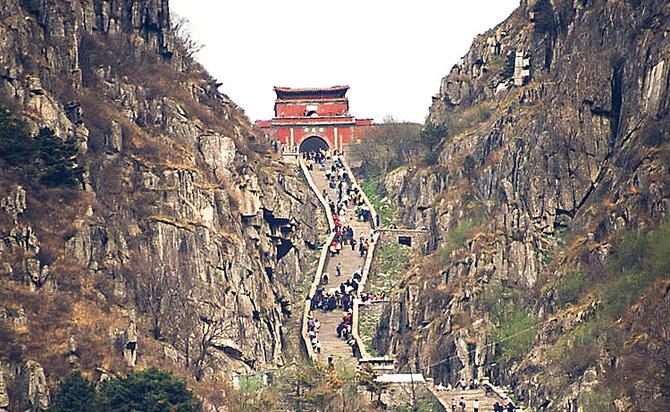
12. Geological Hazards Risk Reduction
UNESCO Global Geoparks promoteawareness of geological hazards, including volcanoes, earthquakes and tsunamis.Through educational activities for the local people and visitors many UNESCOGlobal Geoparks give information on the source of geological hazards and waysto reduce their impact including disaster response strategies. These effortsbuild important capacity and contribute to building more resilient communitiesthat have the knowledge and skills to effectively respond to potentialgeological hazards.
The Global Geoparks Networkworking group on Geo-hazards coordinates common activities and helps preparedisaster mitigation strategies among Geoparks.
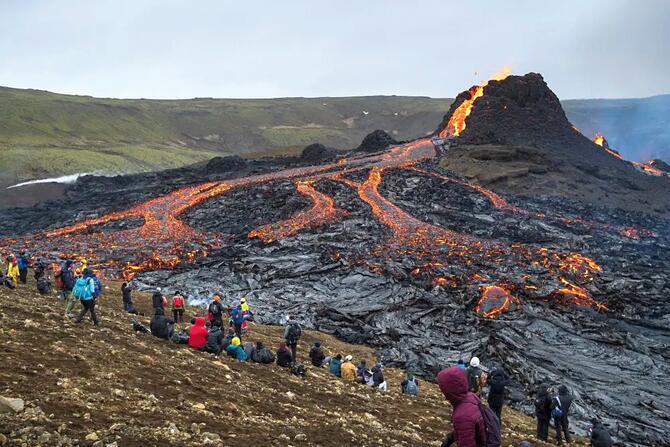
13. Sustainable Development
UNESCO Global Geoparks areengaging with local people and respecting their traditional way of life in away that empowers them and respects their human rights and dignity.
A UNESCO Global Geopark shouldhave an active role in the economic development of its territory throughenhancement of a general image linked to the geological heritage and thedevelopment of sustainable tourism. A Geopark has direct impact on theterritory by influencing its inhabitants’ living conditions and environment.The objective is to enable the inhabitants to re-appropriate the values of theterritory’s heritage and actively participate in the territory’s culturalrevitalization as a whole.
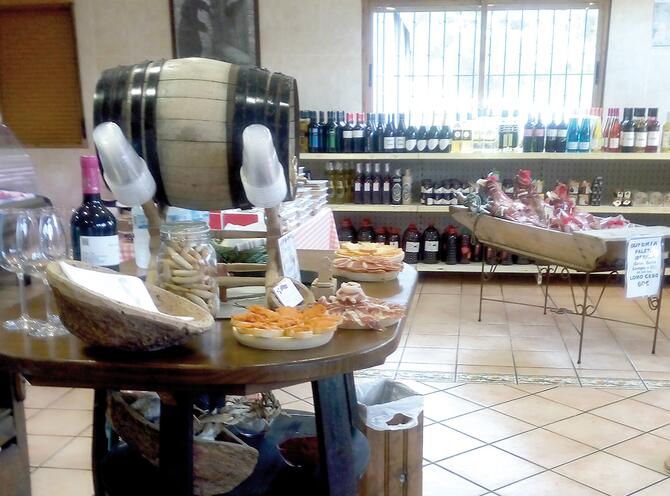
14. Local and Indigenous Knowledge
UNESCO Global Geoparks activelyinvolve local and indigenous peoples, preserving and celebrating their culture.By involving local and indigenous communities, UNESCO Global Geoparks recognizethe importance of these communities, their culture and the link between thesecommunities and their land. It is one of the criteria of UNESCO Global Geoparksthat local and indigenous knowledge, practice and management systems, alongsidescience, are included in the planning and management of the area.
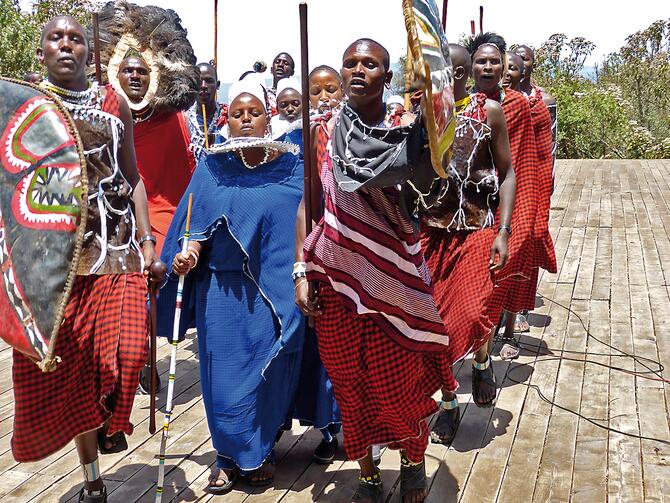
15. Networking
Networking is one of the coreprinciples of Geoparks. Networking strongly contributes to the success of theGeoparks movement and plays a valuable role in facilitating the sharing ofexperience, quality management, formation of joint initiatives and projects andcapacity-building.
The Global Geopark Network andits Regional Geopark Networks offer a global platform of cooperation andexchange of best practice between UNESCO Global Geoparks.
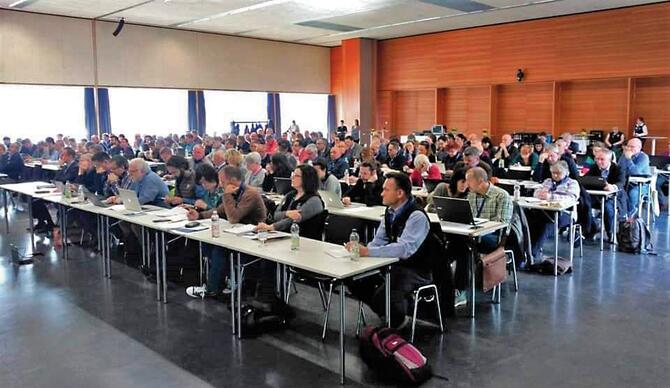
16. Monitoring and Evaluation
In order to ensure the continuinghigh quality of UNESCO Global Geoparks, including the quality of the managementof each UNESCO Global Geopark, the status of each UNESCO Global Geopark issubject to a thorough revalidation every 4 years.
The Global Geoparks Network issupporting the Geopark evaluation and revalidation process by providing theexperts for the evaluation missions and maintaing the roster of evaluators.
